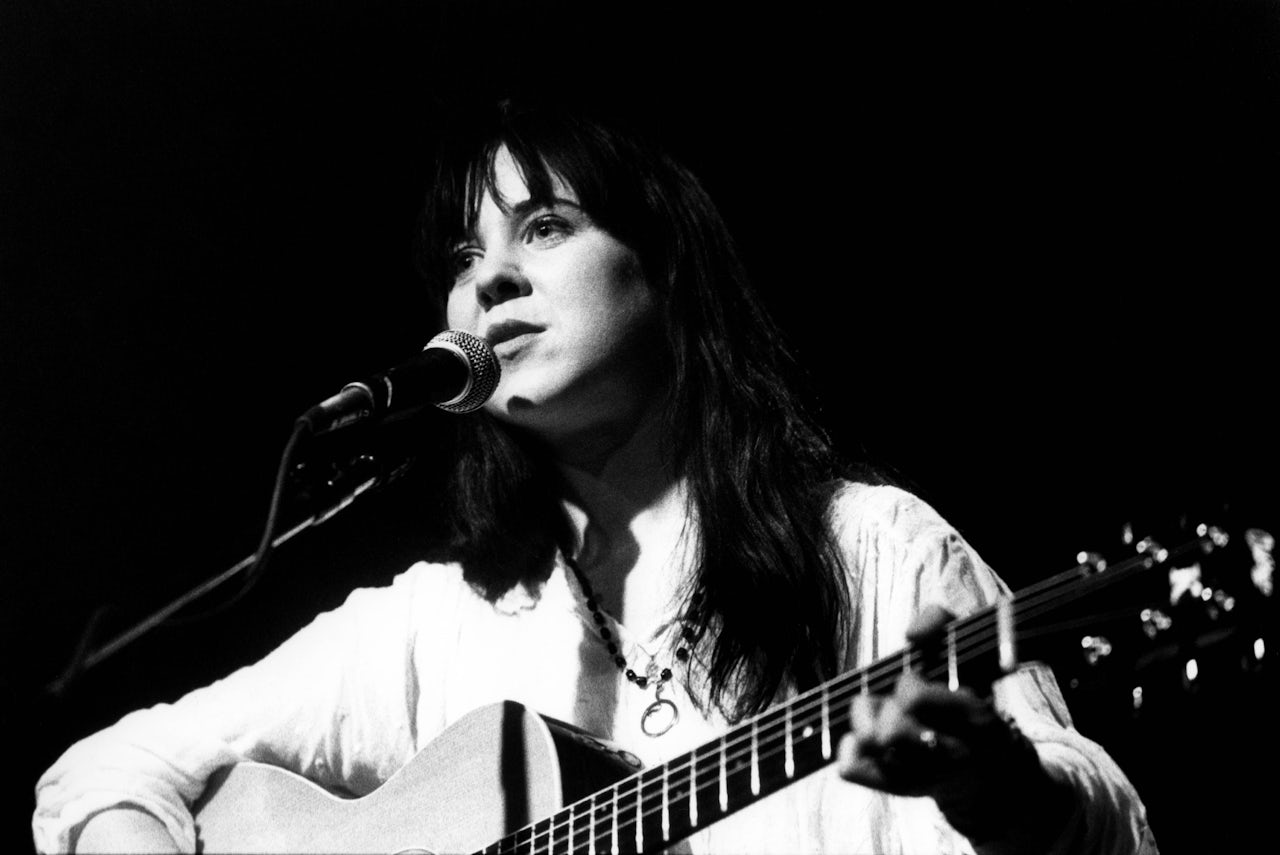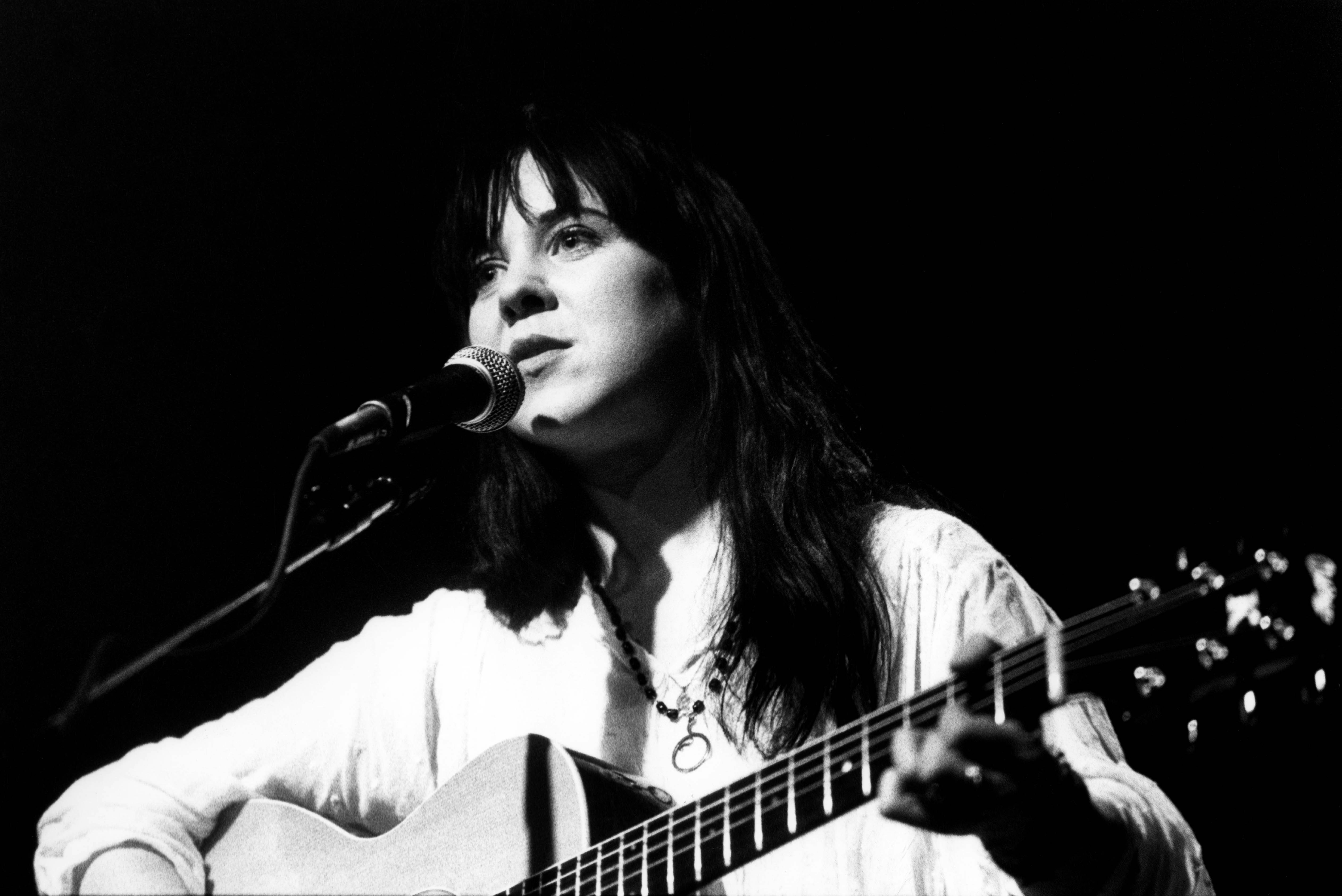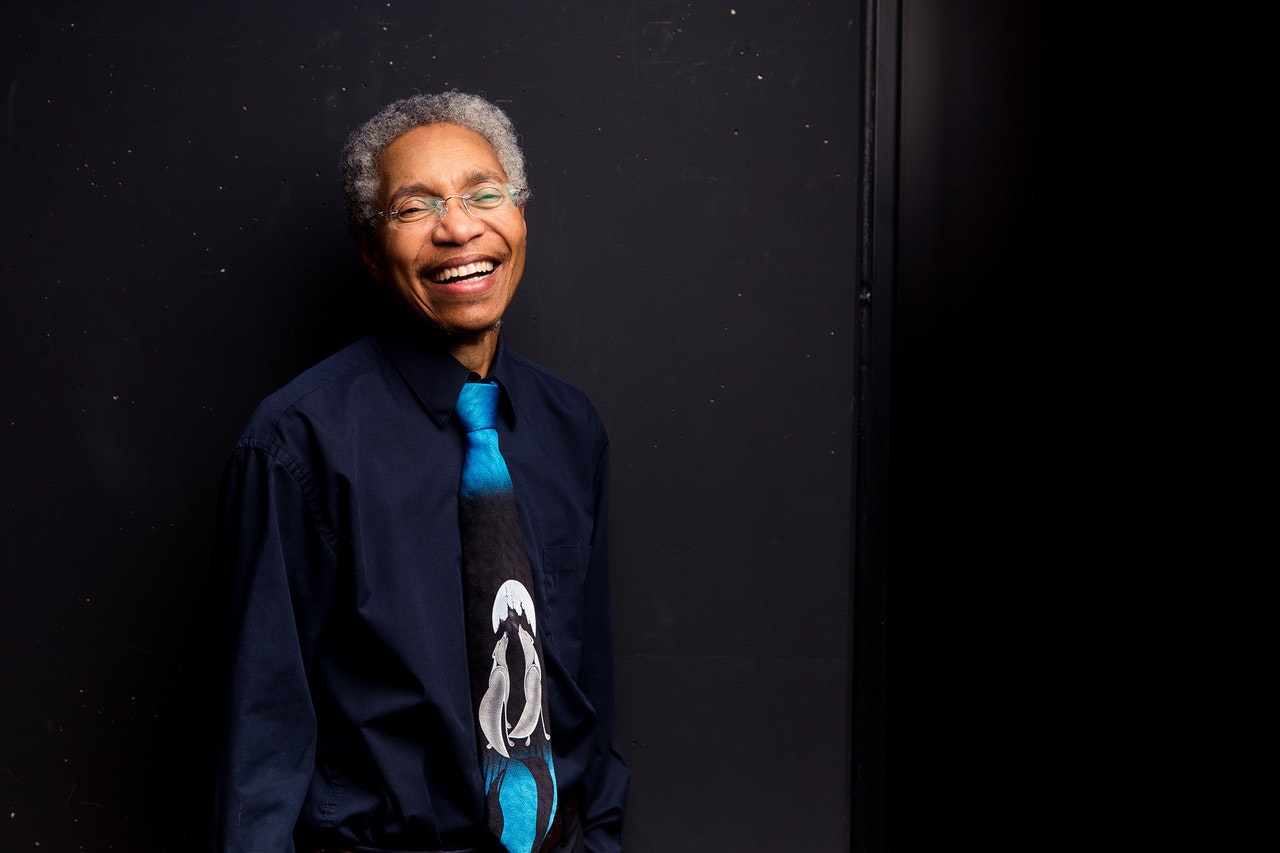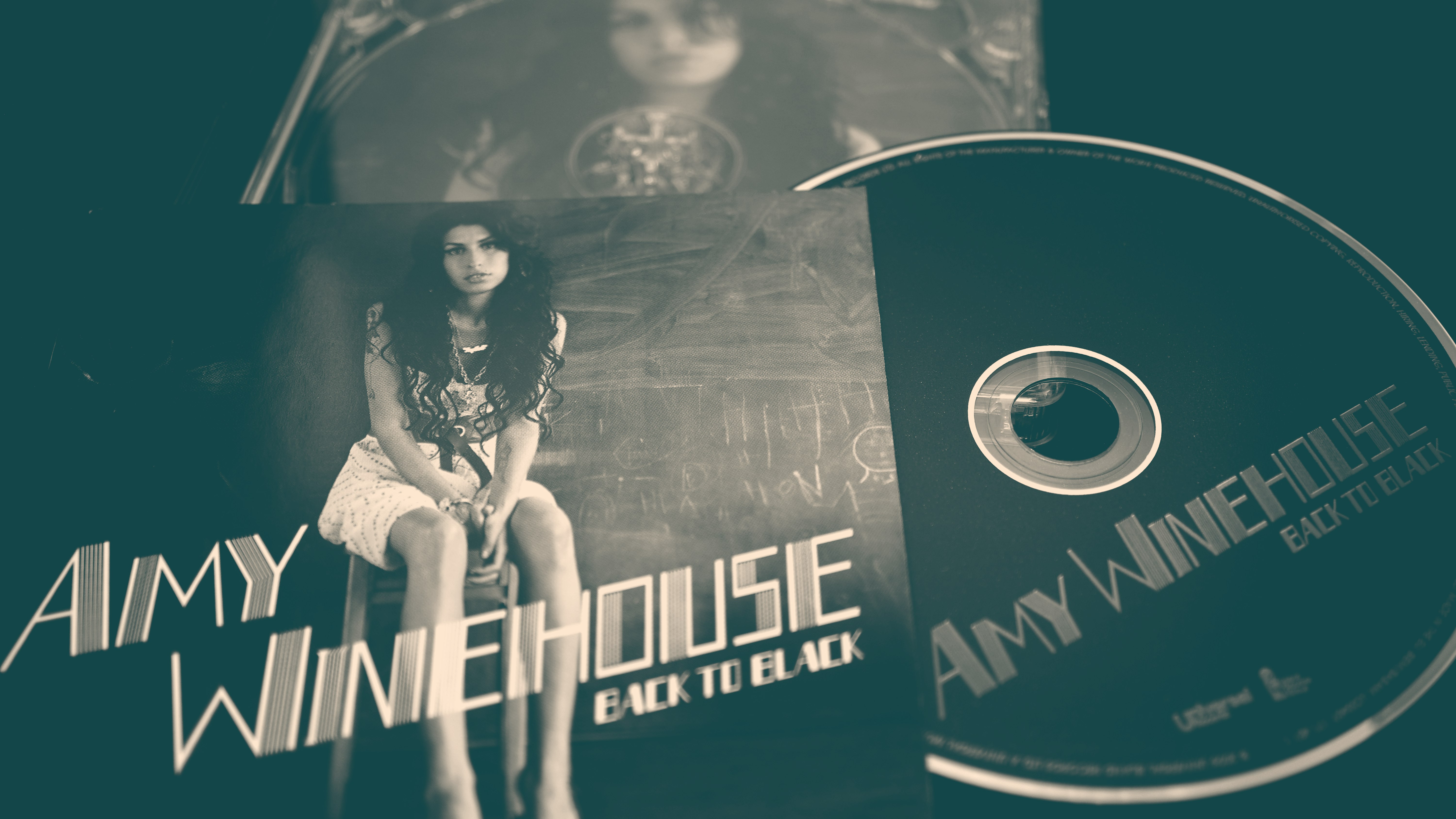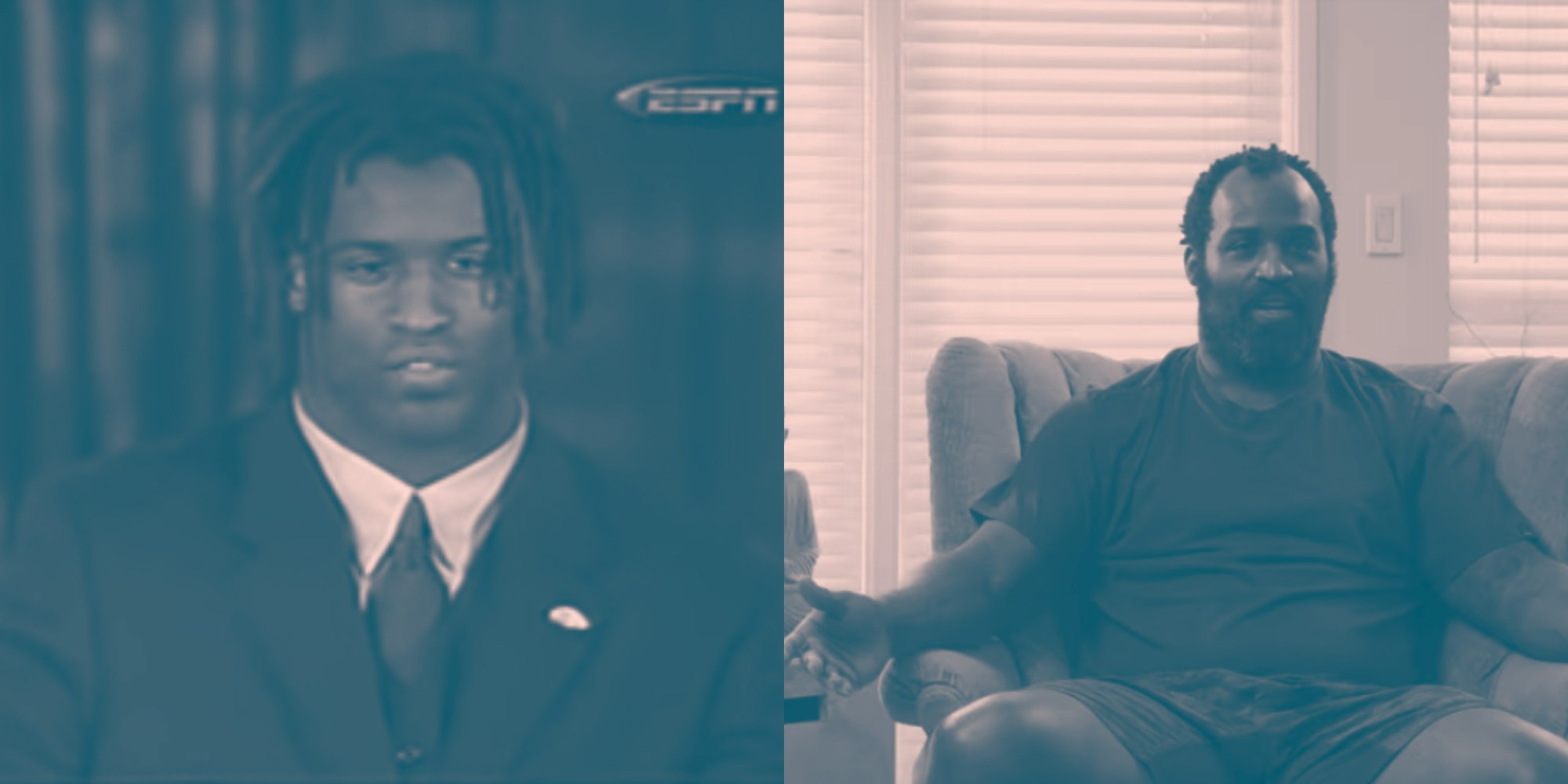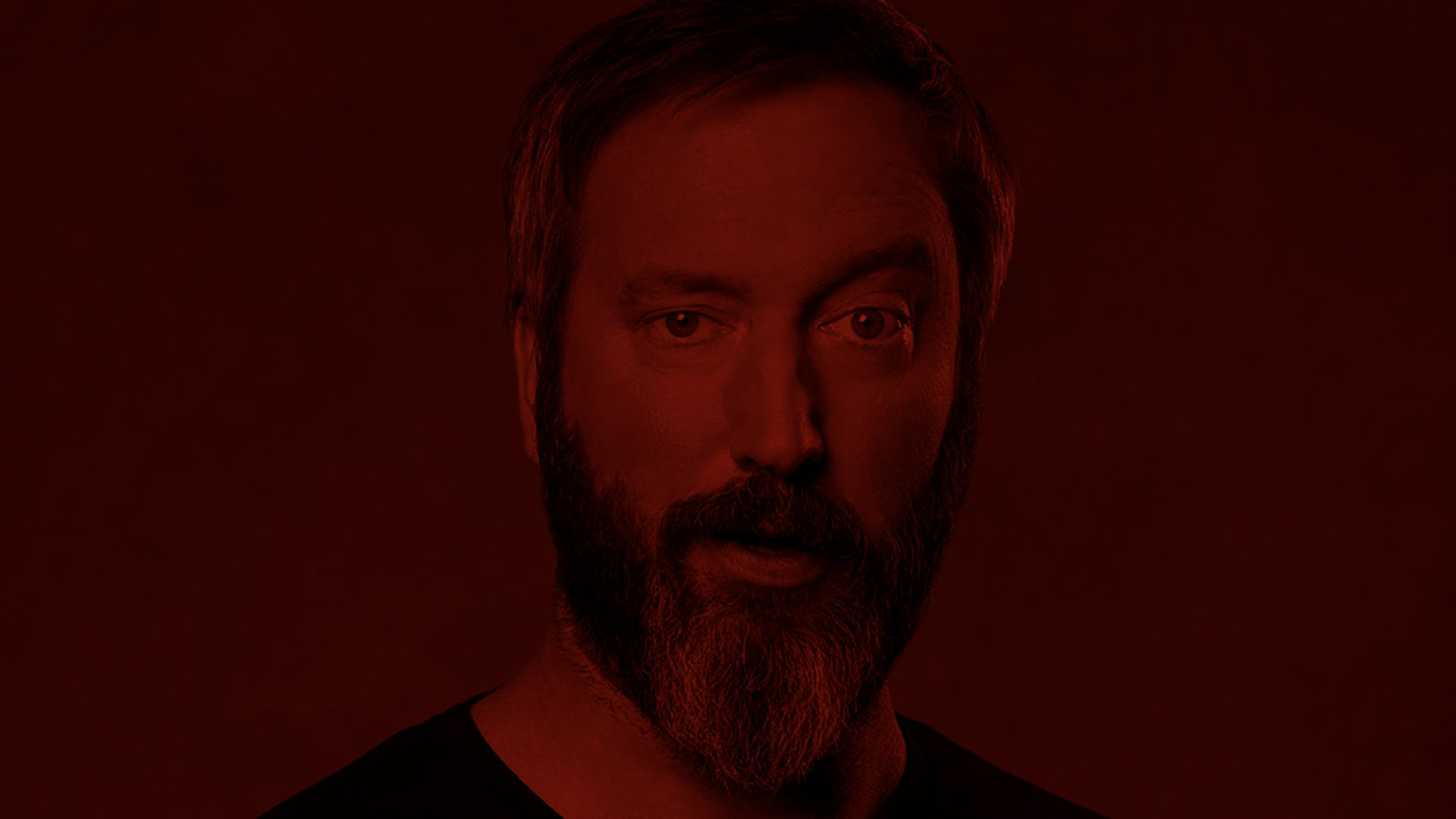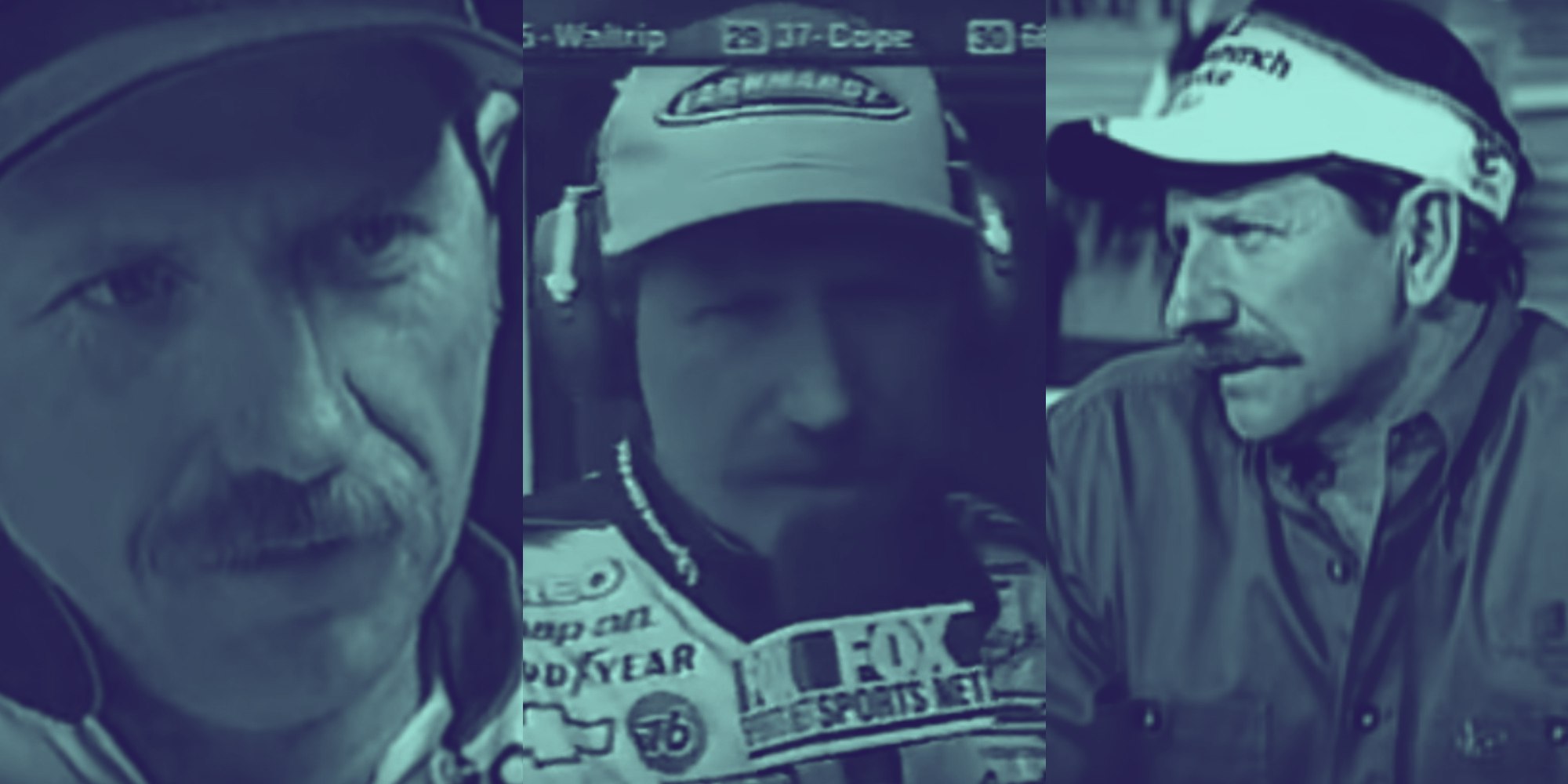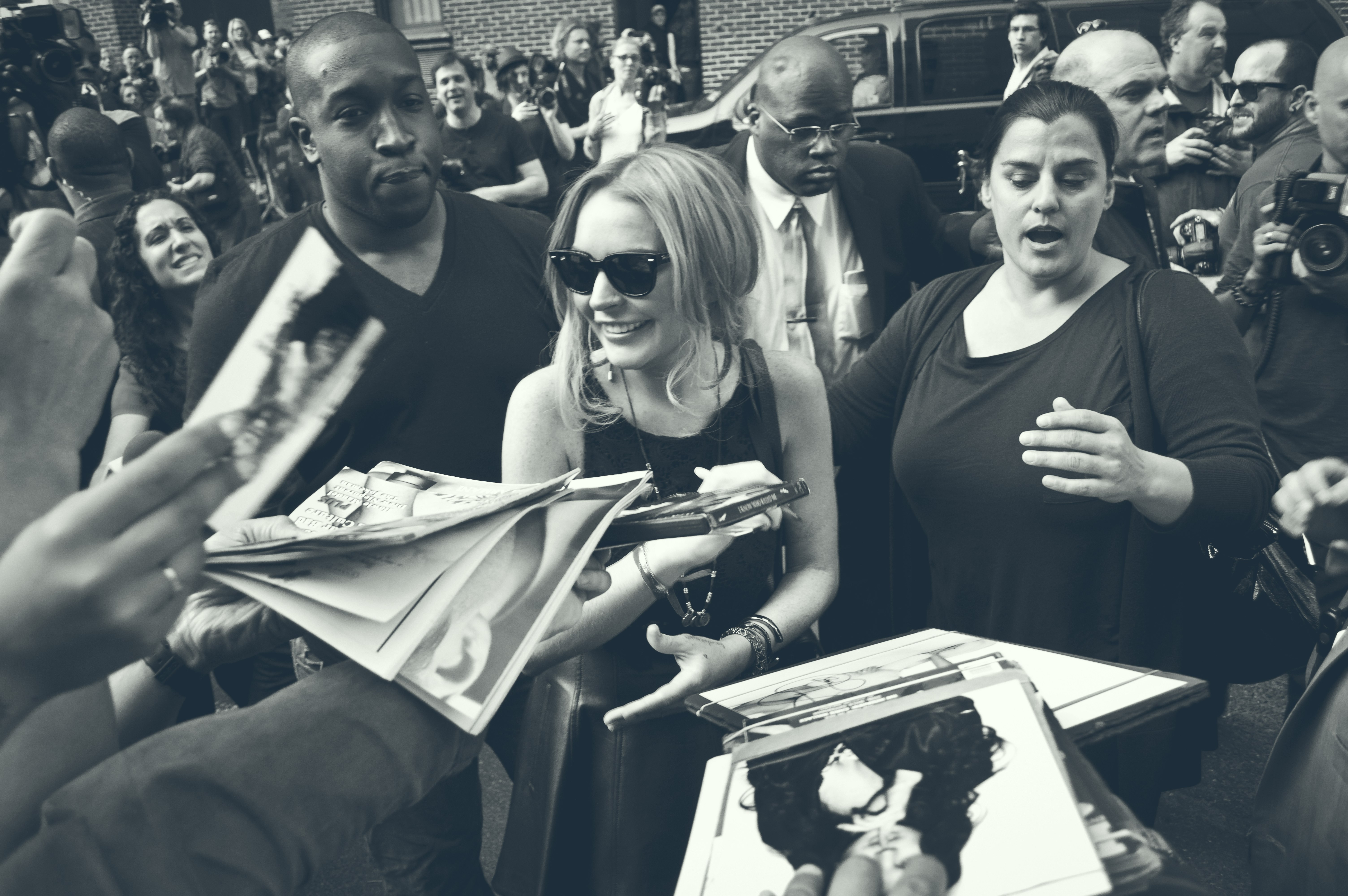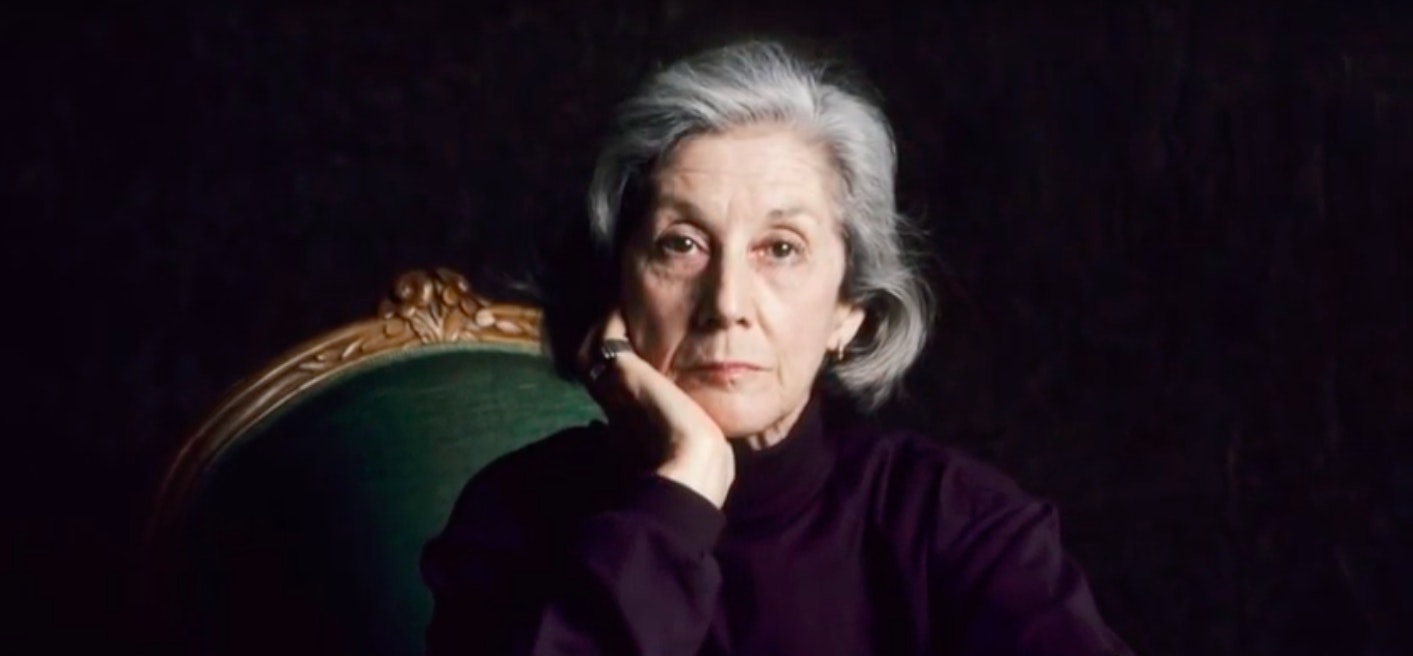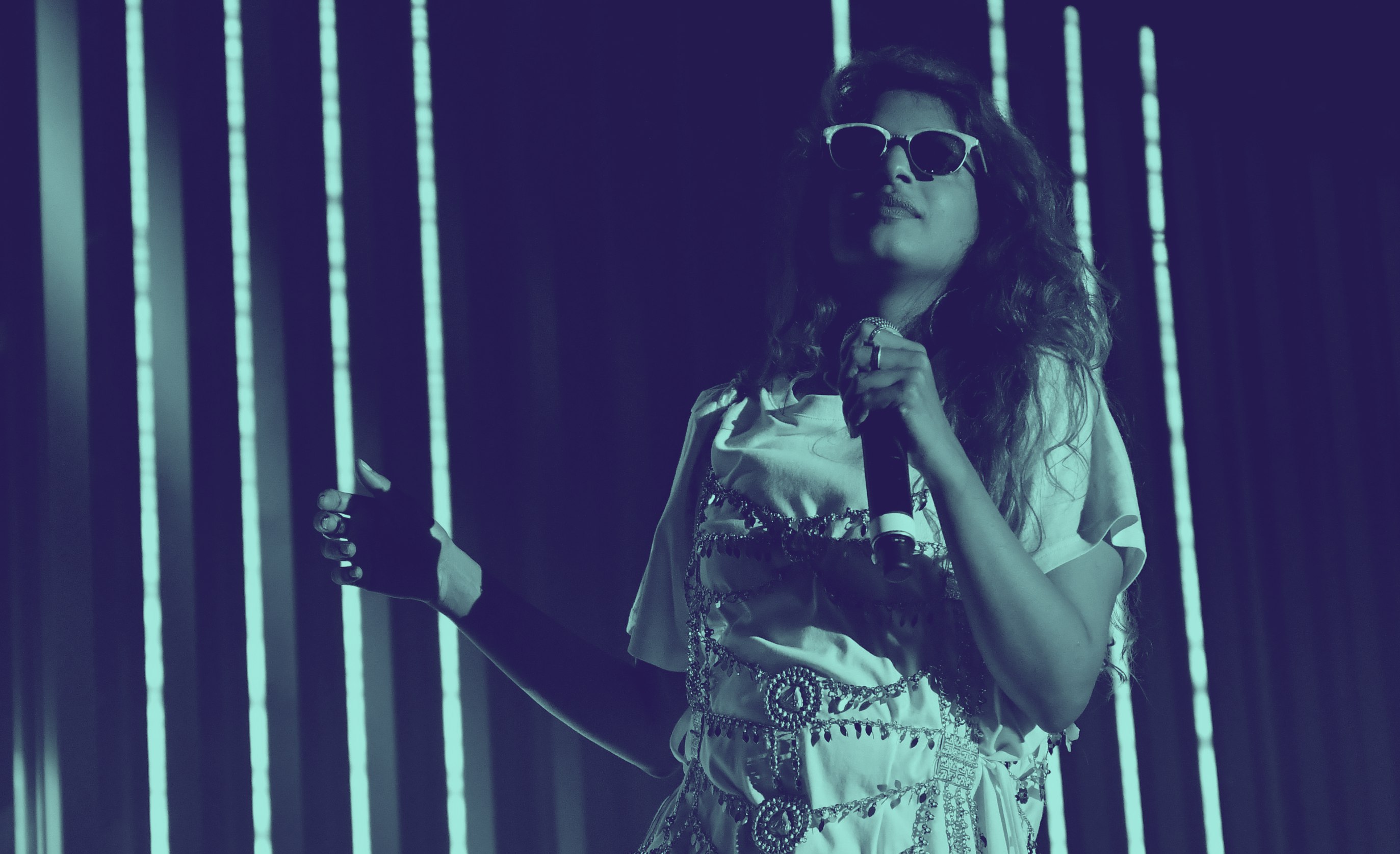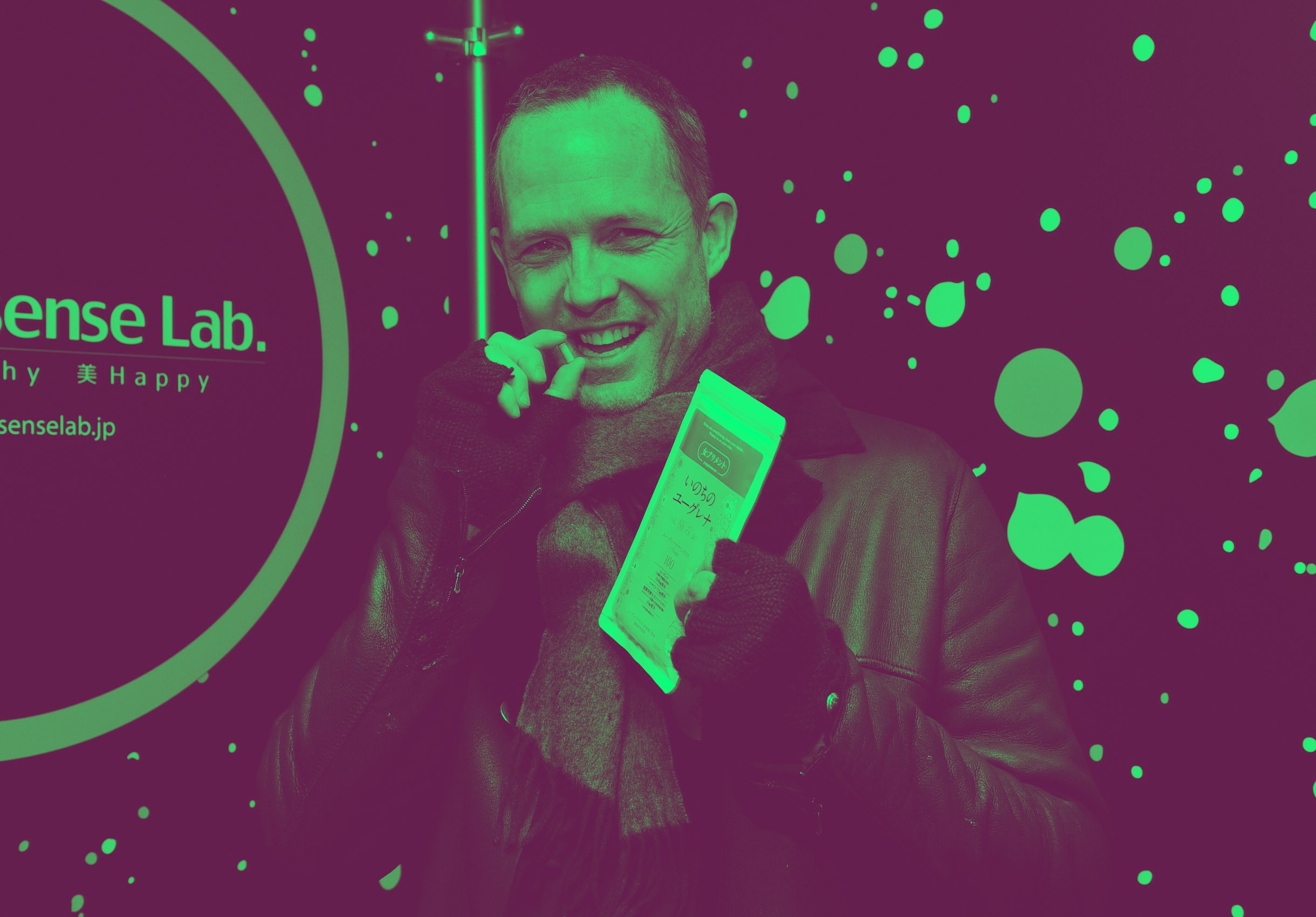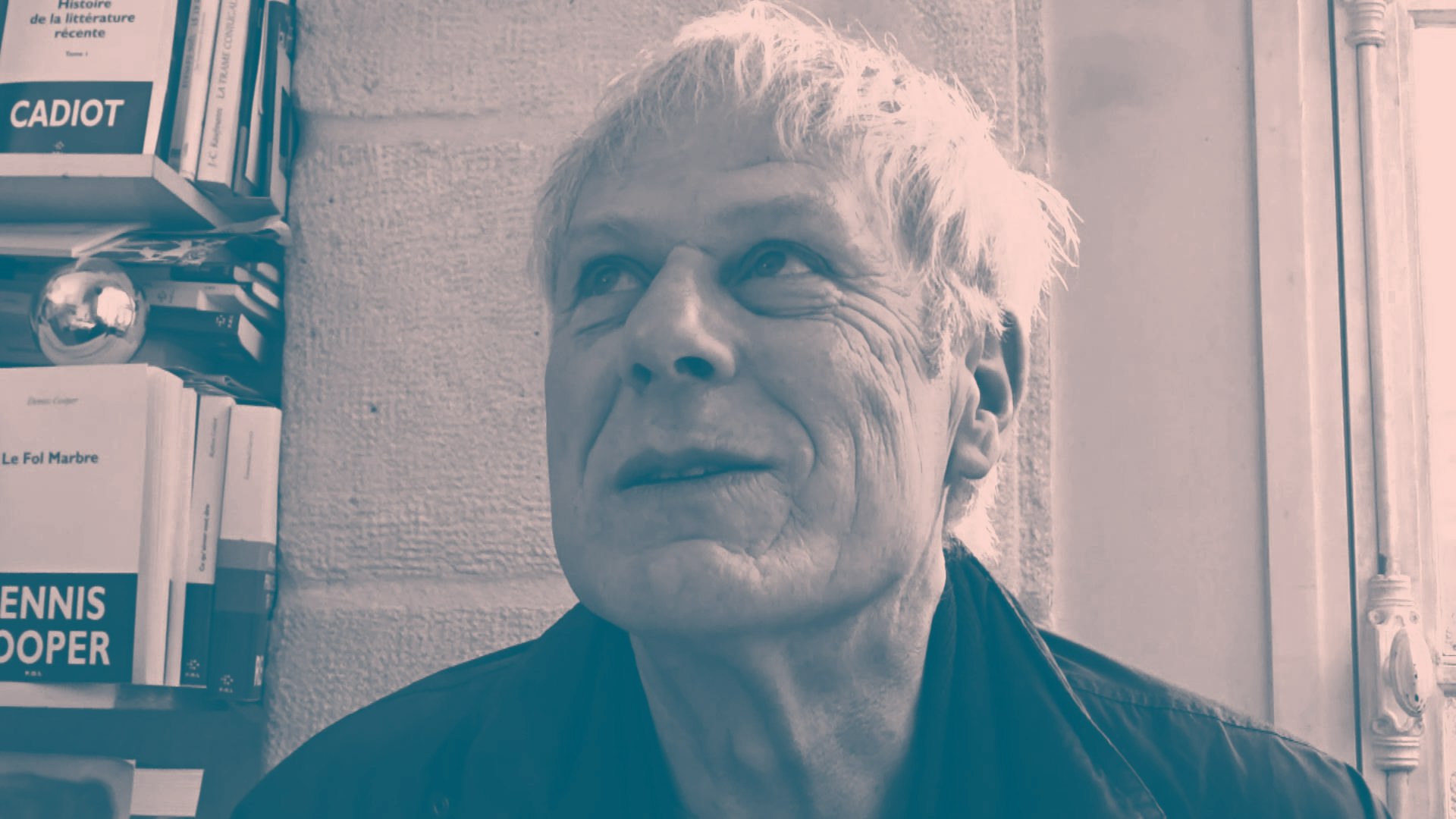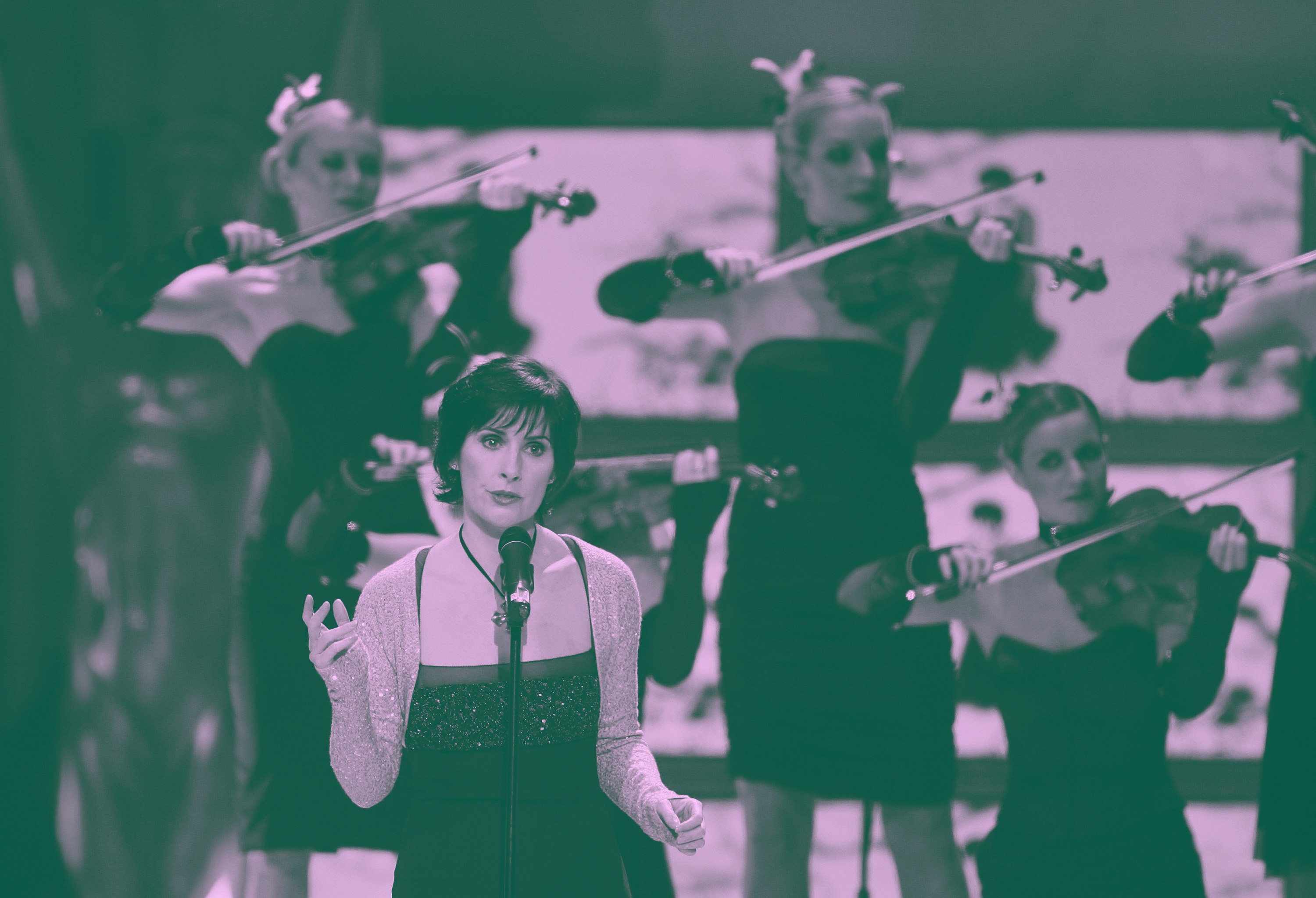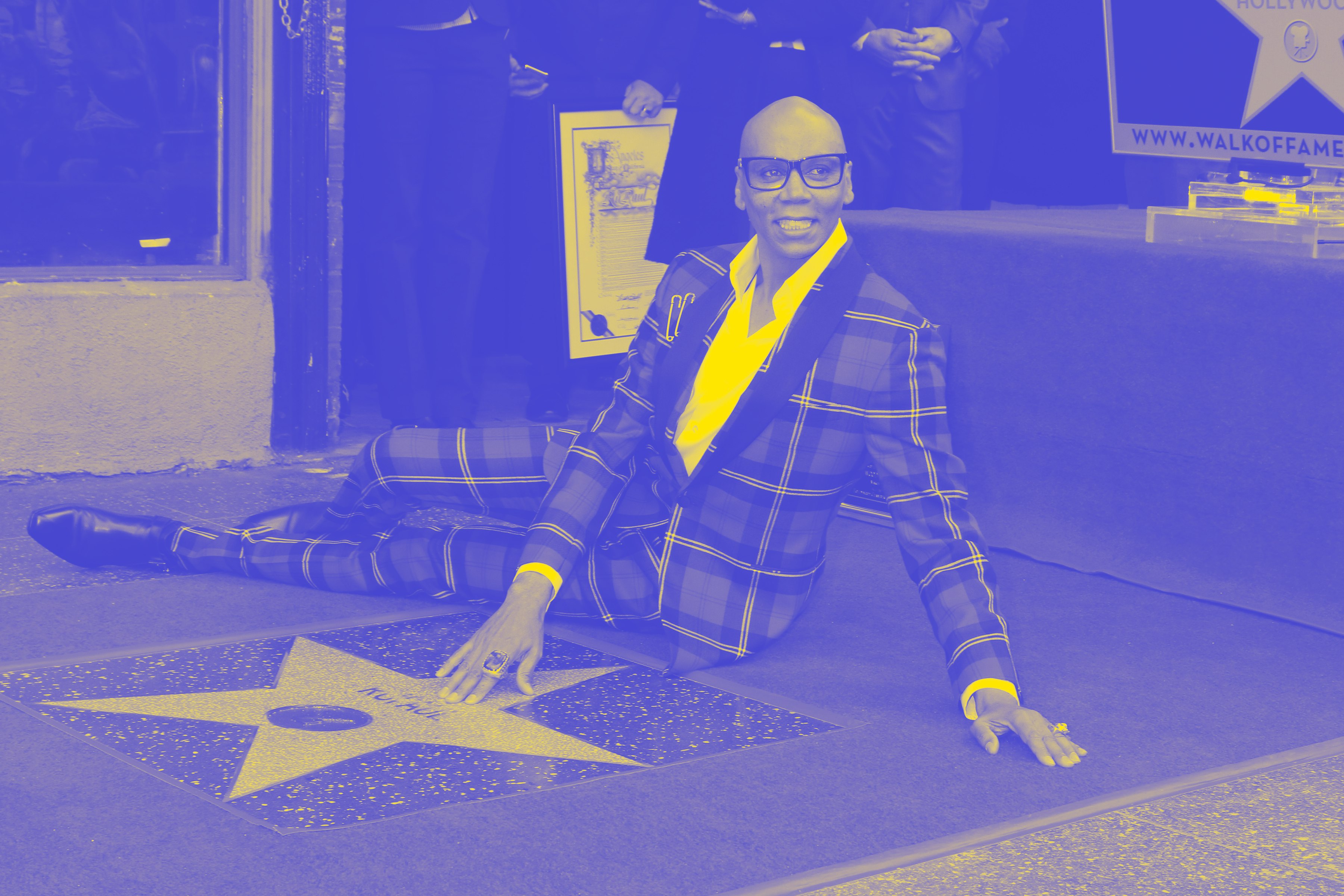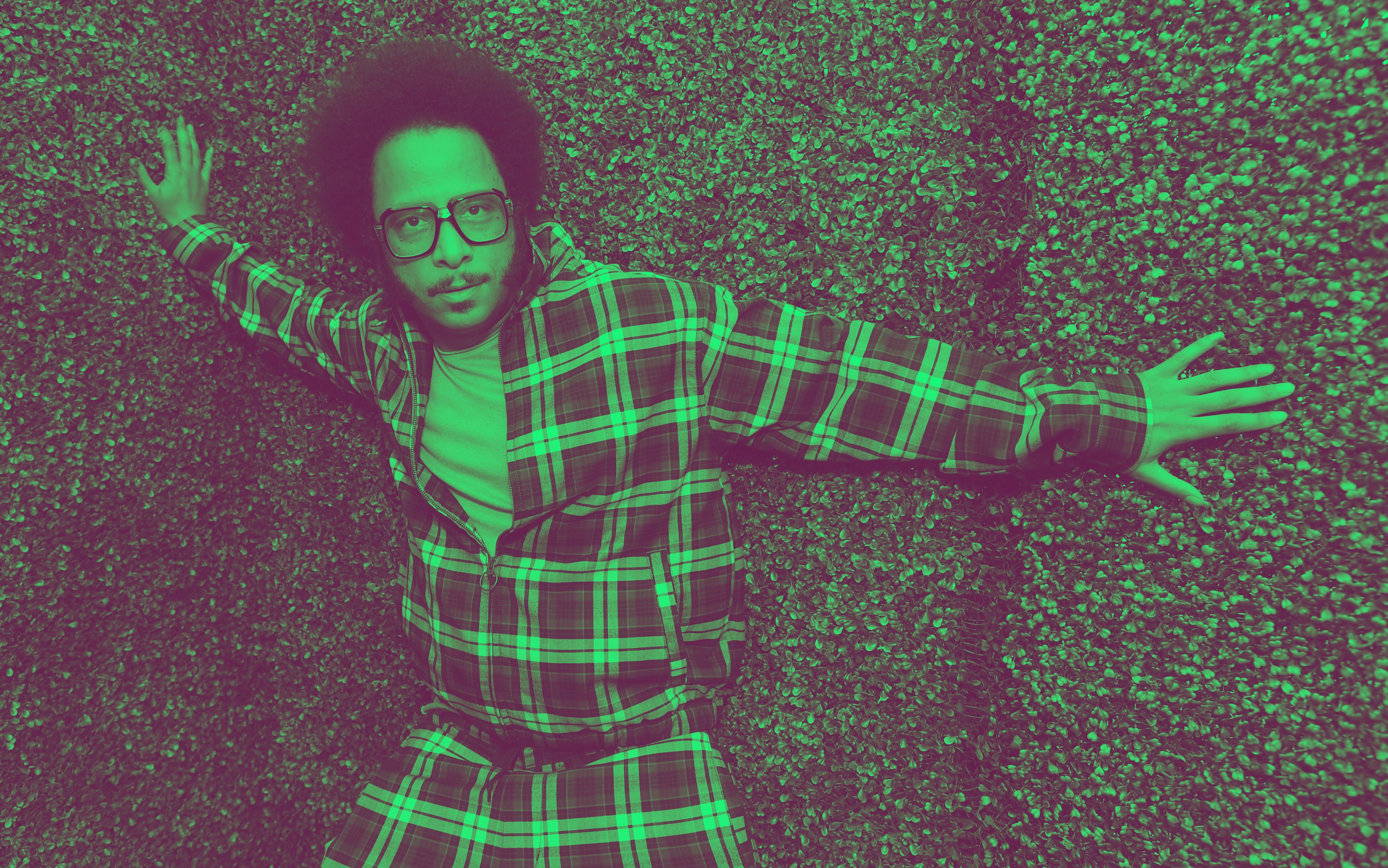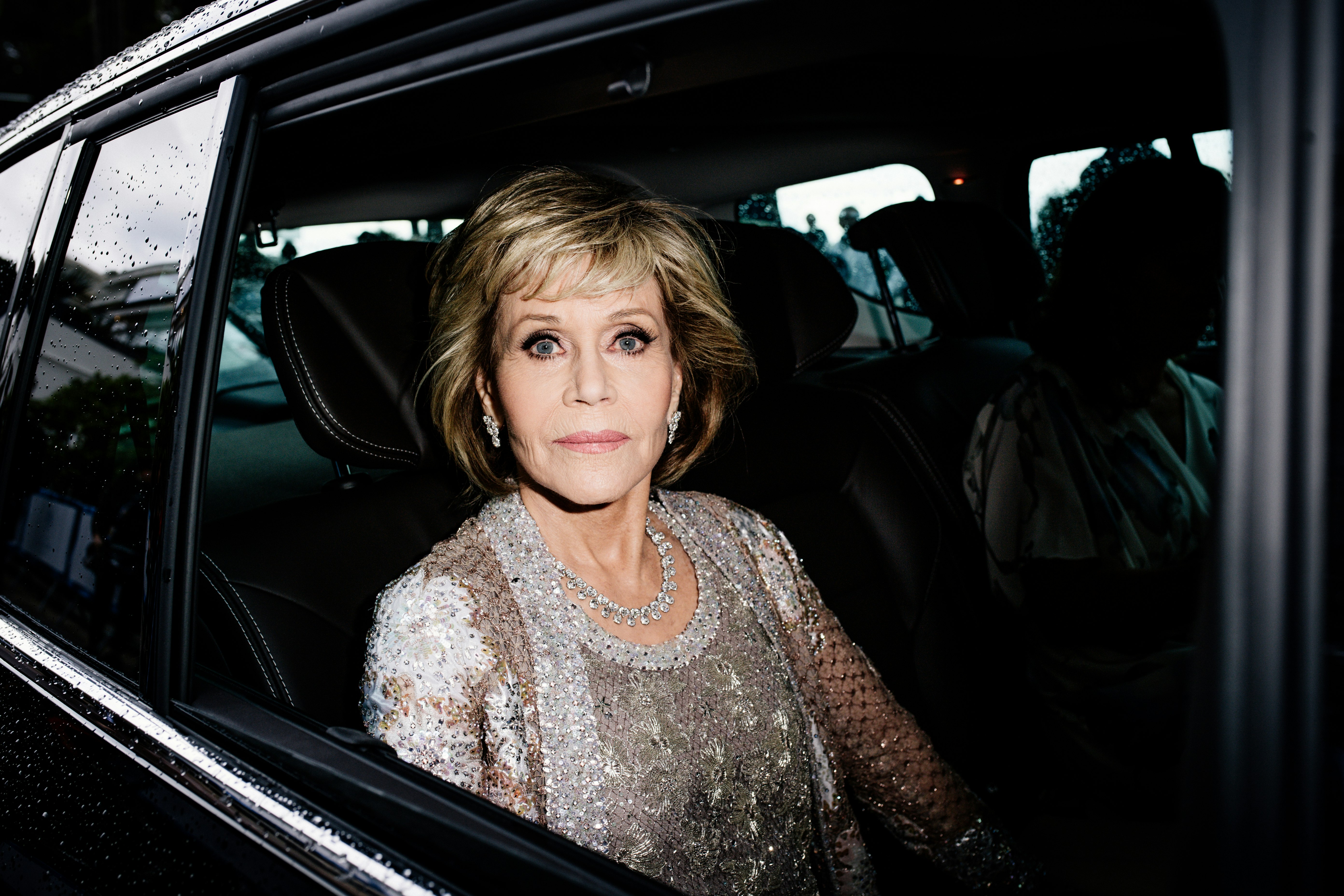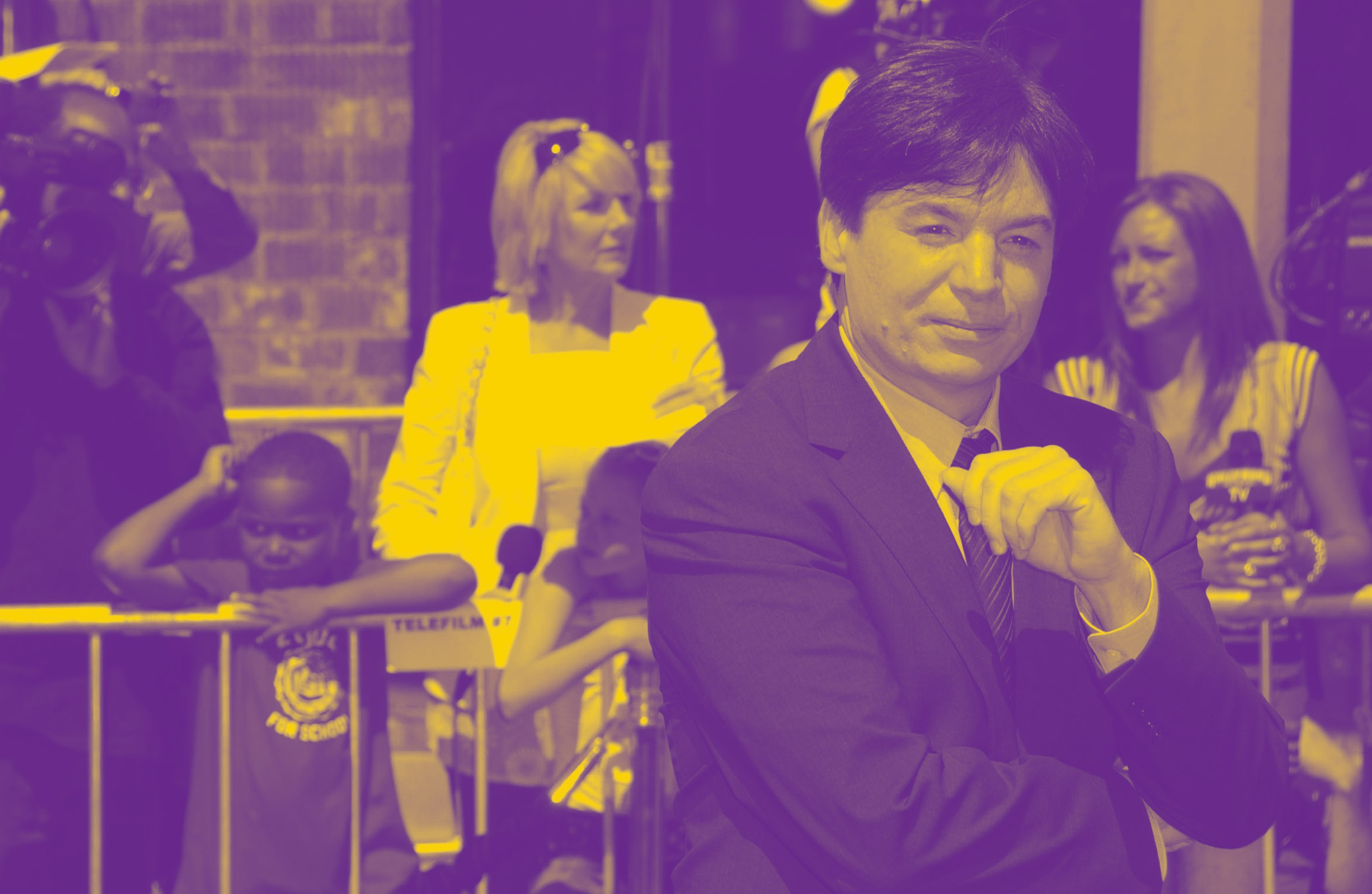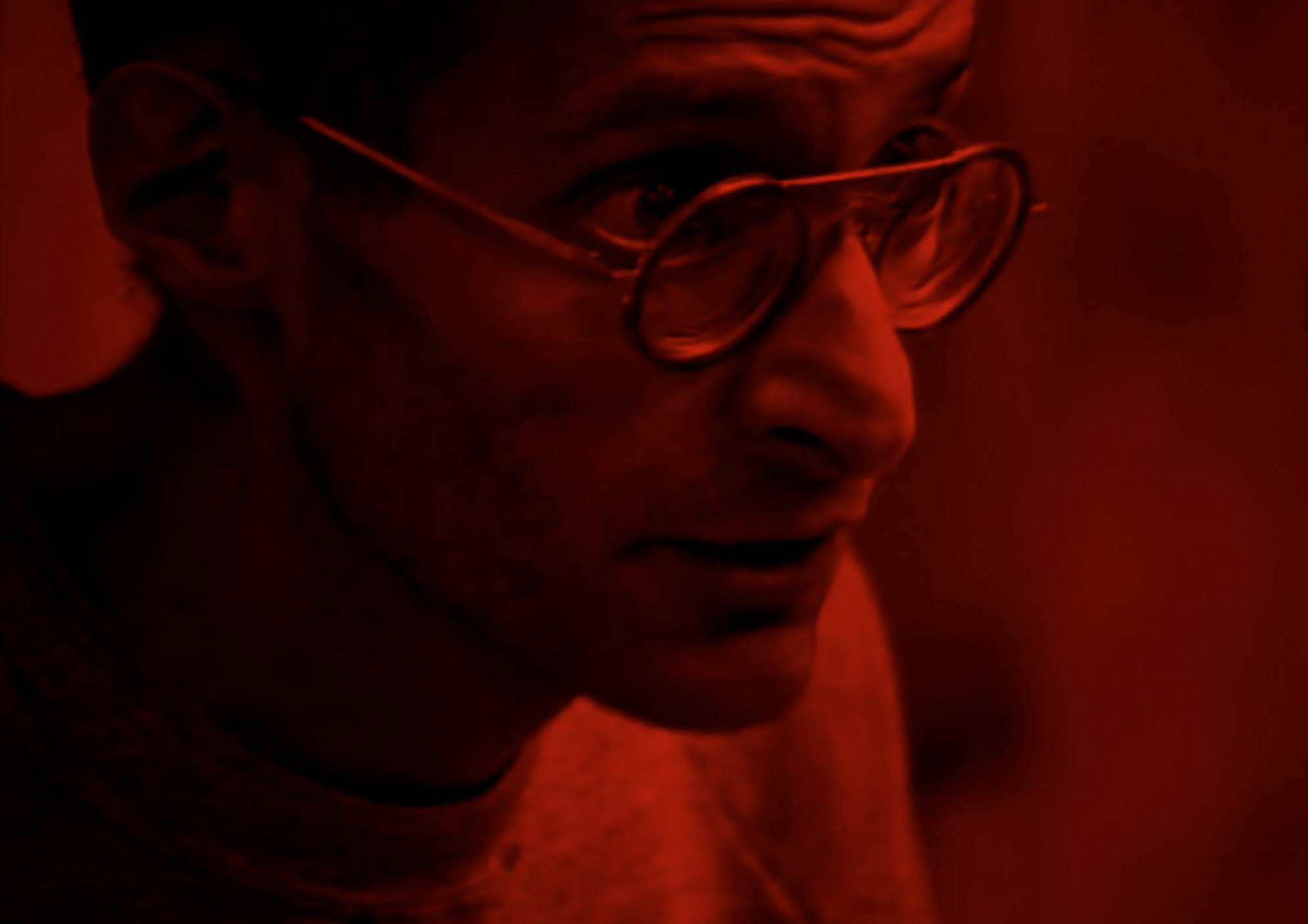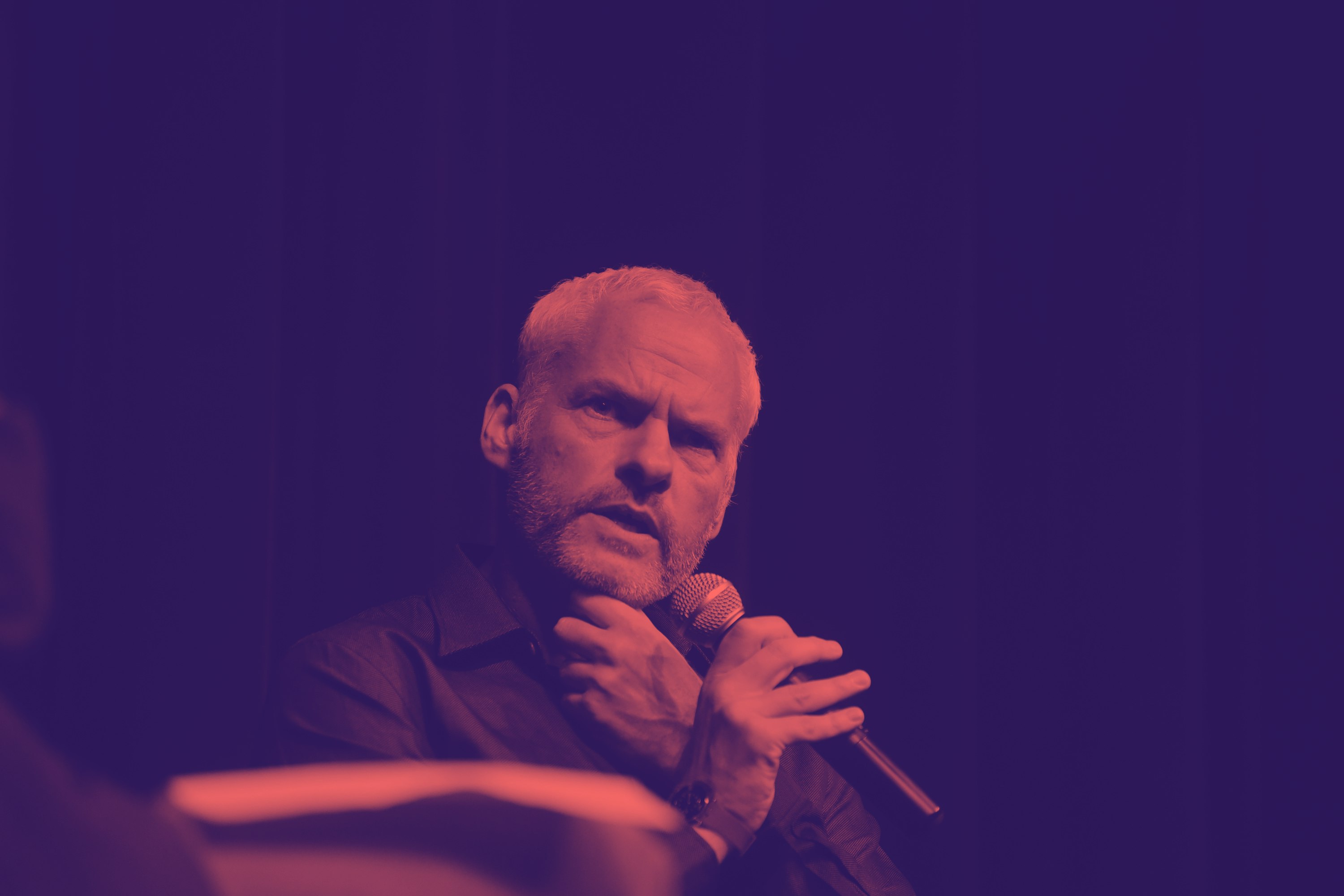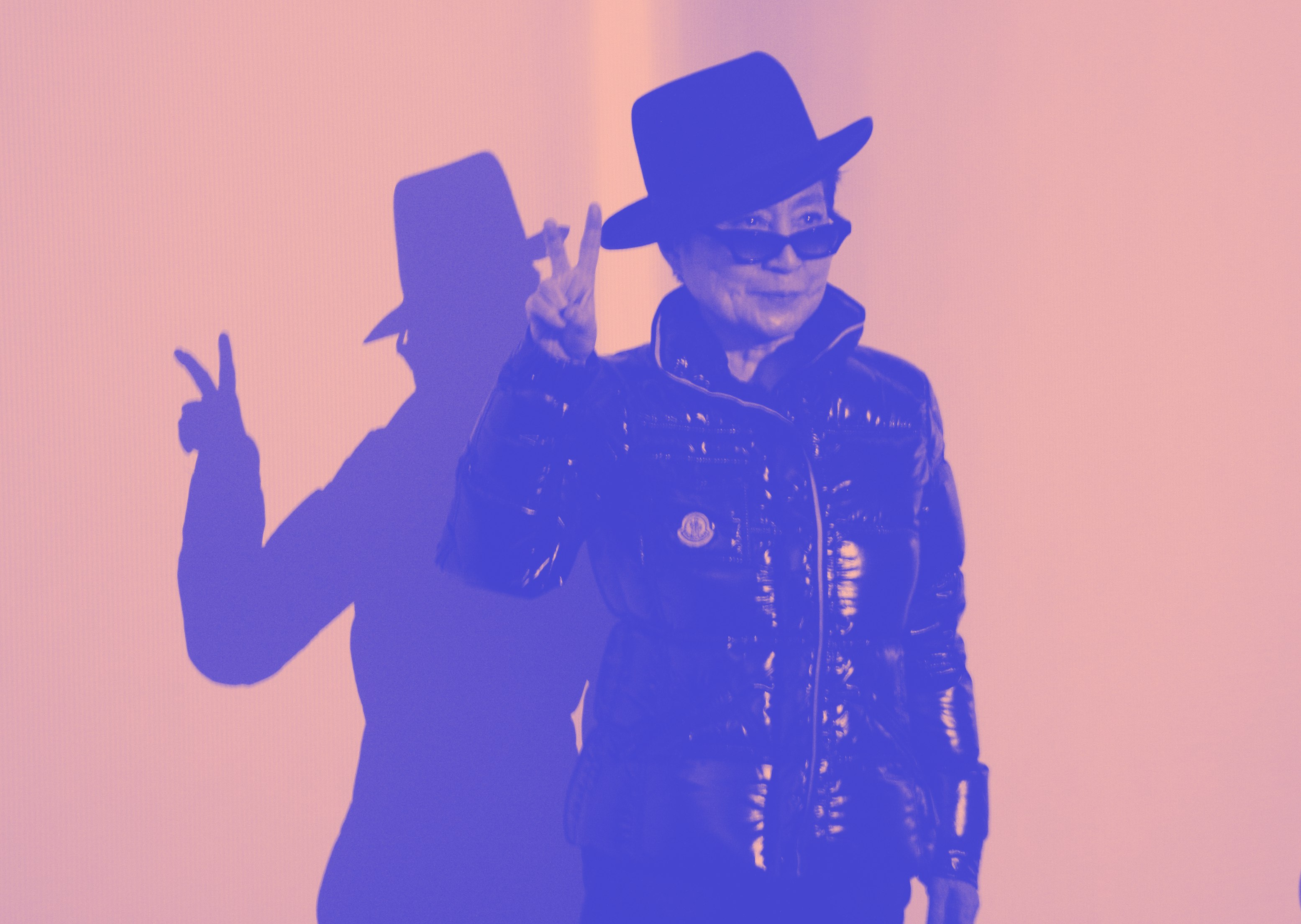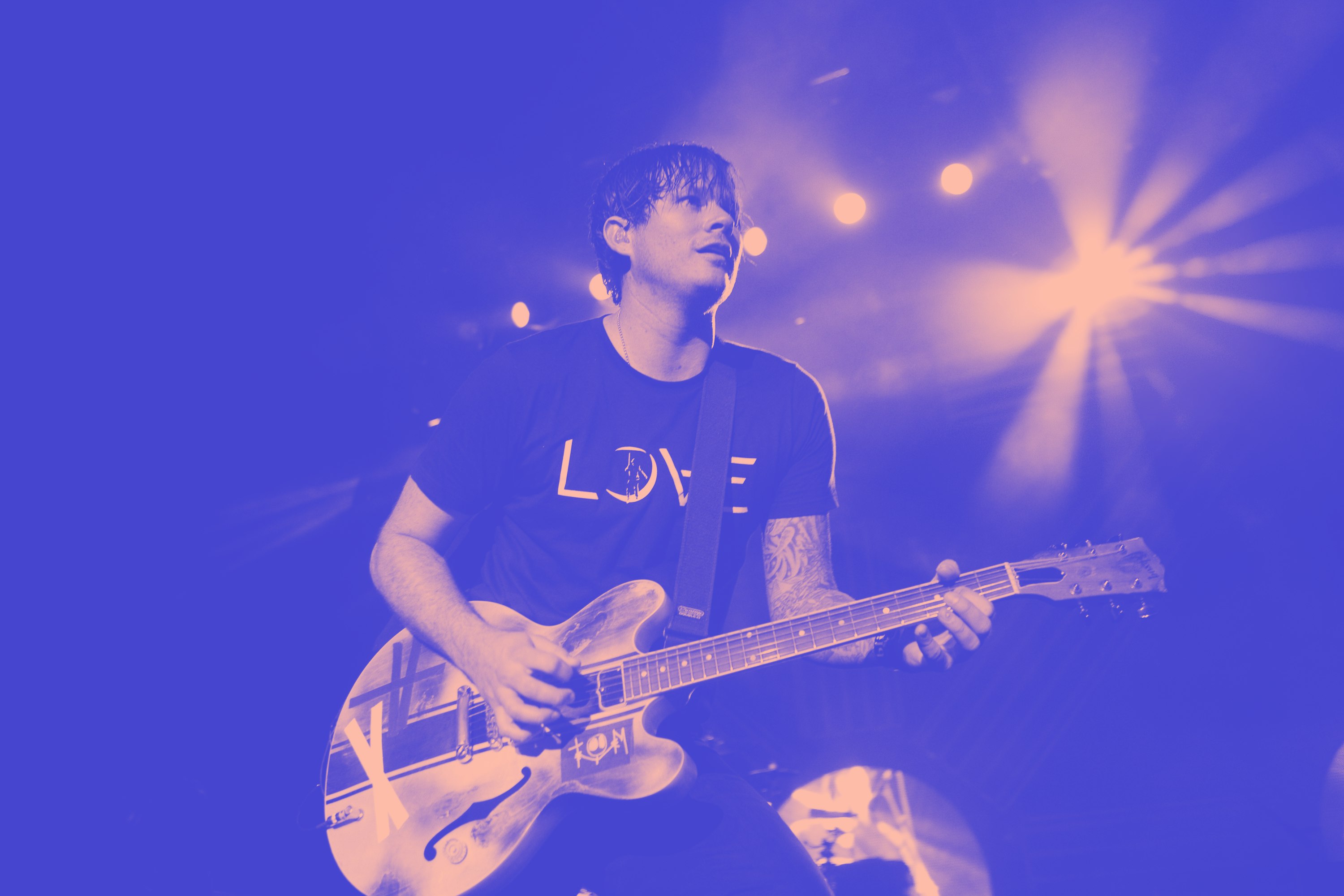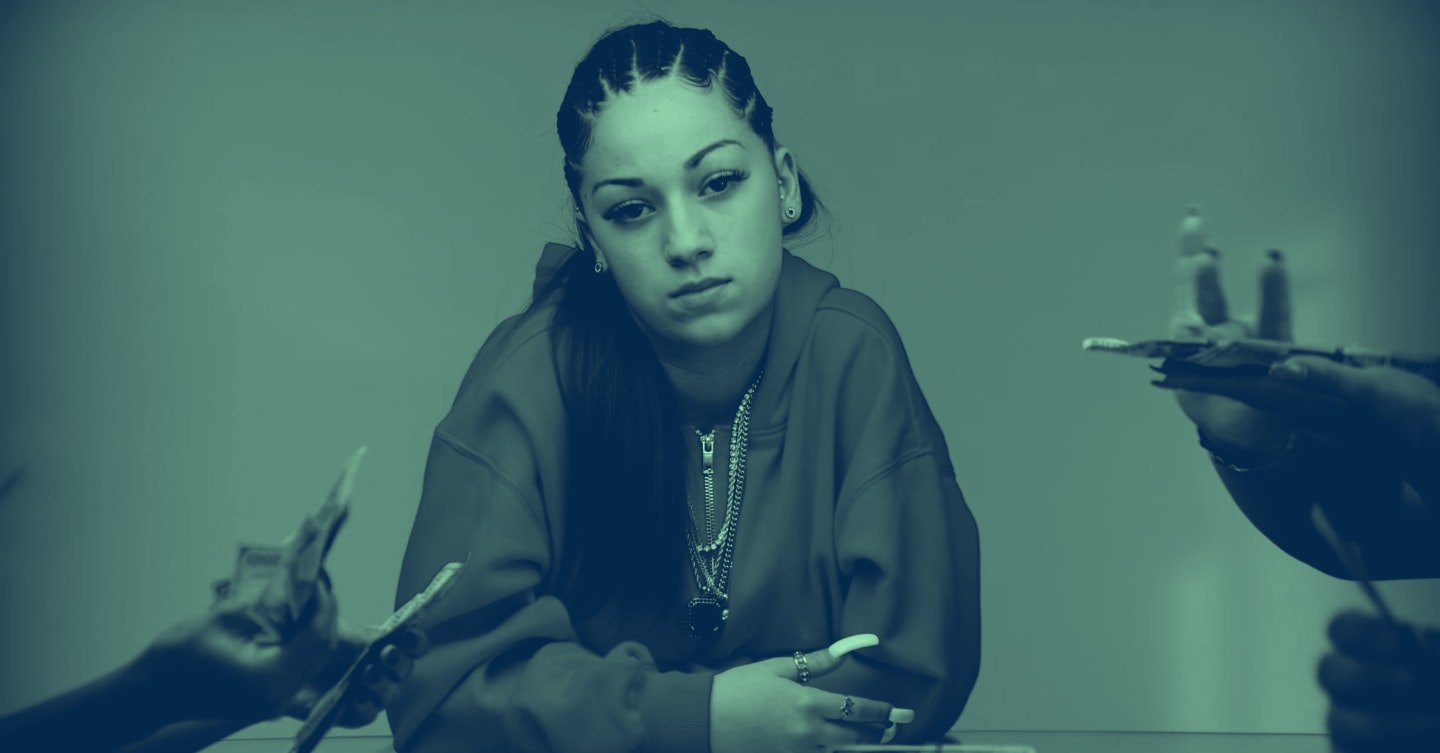Very Intriguing Person
is a series about people who fascinate us, for better or worse.
Early in her superb memoir Rat Girl (2010), the songwriter Kristin Hersh describes driving home after an early gig by her band, Throwing Muses. The year is 1985. She’s 18 or 19 years old, and the band, consisting at this point of her best friend and half-sister Tanya Donnelly (vocals and guitar), bassist Leslie Langston, and drummer Dave Narcizo, has been together in one form or another for most of the decade already. (“I don’t remember meeting my bandmates,” she writes. “I just know them.”)
Young as they are, they have already begun evolving from a recognizably ’80s New Wave band, complete with Siouxsie Sioux-ish vocals, into something infinitely stranger and longer-lived (the Muses’ tenth album, Sun Racket, arrives in May). The car is cold — the heater is busted, it’s the dead of winter — but Hersh already knows how to deal with that. She simply turns on a top-40 radio station. The music, she writes, makes the band so angry that it “raised their body temperatures.”
Leslie, sporting a red bouffant, yelled angrily over the music, “Those smug fuckers!”
“Smug jerks,” growled Tea [Hersh’s nickname for Donnelly], under a white cascade of disco hair.
“Smug fuckers,” I added. My wig was pointy and black.
Everything about this anecdote stands out today — the young band’s unembarrassed belief in their own tastes, their frank disrespect for popularity as such, their lack of fear that they’ll sound like snobs for expressing any of this out loud. What stands out most is the word “smug,” a word that we are now far more likely to apply to people who resist the charms of whatever happens to be playing on the radio. Later in the book, Hersh tells Gary Smith, who produced their classic first demo, that she finds the pop music of the era “pretentious,” another word that she seems to invert in meaning: Many people reading Rat Girl in 2020 would reach for exactly this word to dismiss people who talk like this.
We would do so because we live on the other side of a revolution in taste which makes statements like these — makes the whole bohemian, art-for-art’s-sake attitude that Rat Girl so successfully conveys — all but unintelligible. Poptimism made it easier to see the artistry in a Donna Summer single or an ABBA B-side, but its revolution mostly didn’t come for those women musicians who wrote good, eccentric, arty songs, who used the vocabularies of rock, punk, and folk to make highly personal statements. Women whose careers were always perfectly legible in terms of an auteurial critical vocabulary that now seems, to some writers, problematically male — Kim Deal (who later cofounded The Breeders with Tanya Donnelly), Suzanne Vega, Sinead O’Connor, Joan Armatrading, Jane Siberry, Neneh Cherry, or Harriet Wheeler — got sidelined a second time. (Kate Bush has escaped this curse, as has Joni Mitchell. Kim Gordon may yet.) When NPR commissioned a list of the 150 greatest records ever made by women, they found room for Britney Spears and Tina Marie, but none for Hersh, Donnelly, or Langston.
Lately I have been listening to Hersh’s music obsessively. In part, this is just because she whips ass. Listen to her sing the opening lines of “Hate My Way” — “I could be a smack freak! / And hate society! / I could hate God! / And blame Dad!” — in that utterly distinctive, sugar-and-vinegar voice, and then hear the unexpected but perfect shifts of tempo and key after the first minute, and tell yourself that this thing was written by a 19-year-old. (Structurally surreal songs that move between time signatures and keys are the one throughline of Hersh’s career, which is in all other ways stylistically varied.) The Muses’ fourth album The Real Ramona, sometimes derided for its very 1990 production style — which is like being mad that black-and-white movies have old clothes in them — looms as large for me as any rock album ever made.
She has continued, well into her fifties, to make new records that feel impelled by creative urgency and not, as with many older artists, by inertia. And she has the audacity to be a terrific writer as well: Her two memoirs, Rat Girl and Don’t Suck, Don’t Die: Giving Up Vic Chesnutt (2015), occasionally go in for the kind of let’s-ram-in-twenty-adjectives faux-lyricism that often mars musicians’ prose, but they are also full of aphorisms and descriptions that any sensible writer would give their eyeteeth for, as when she describes good songs as “so spiritual they’re physical,” declares, “I avoid going inside buildings whenever possible, anyway; I kind of . . . disagree with them” (that’s so much more interesting than “I am fidgety,”), or when she writes, “A song lives across time as an overarching impression of sensory input, seeing it all happening at once, racing through stories like a fearless kid on a bicycle, narrating his own skin.” Hersh creates sui generis art in every medium to which she turns.
But it’s also because Hersh embodies an ethos I miss. You can catch the tone of the late ‘80s-early ‘90s by watching the movie Reality Bites (1994), in which Winona Ryder damns her parents as sellouts, then later storms out on her Hollywood boyfriend because he has recut her cinema-verite documentary almost to the point of comprehensibility. The characters in that film are downwardly-mobile children of yuppies, but you didn’t have to be well-off to think of life as a pitched battle between personal integrity and the temptations of commerce. I remember, when I was 16 or 17, a friend telling me, over the phone, that she was struggling to choose between “love” or “money” as she made her post-high-school plans. “Love” meant flying to Europe with no plans and no job; “money” meant attending a modestly-priced state college and majoring in something arts-related. So natural does this way of thinking still seem to me that I only recently realized that her second choice — the one she worried meant “selling her soul” — now is the romantic gesture. Today’s artsy kids major in business and fantasize about majoring in English.
She wasn’t rich. Neither was I — in fact, I was a working-class kid with no marketable skills in a dying town, so “selling out” was an objectively hilarious thing for me to be worrying about. But that is also the charm of the era: you could be a literal poor person and still feel that you had something to sell out.
Gen Xers face a long future of precarity, debt, and climate catastrophe, as millennials do; some of us just lived, for a while, in a mental atmosphere not yet shaped by this knowledge.
The American music press, particularly that part of it devoted to what was then called, insanely, “alternative rock” — “comparatively uncommercial commercial music” might have been a better term — was a significant sponsor of this happy delusion. Throughout the early- to mid-90s, music journalists framed every musical career as a kind of Pilgrim’s Progress in which the goal was to reach some sustained level of commercial success without seeking it. Small bands worried about what it meant if they found themselves on a major label; Lollapalooza attendees debated the point at which “the moneymen” had ruined the travelling music festival. (The answer, which was too obvious for us to see, is “before it started.”) Kurt Cobain saw his own success as so freighted with bad allegorical meaning that it seemed to kill him before our eyes. Toward the end of the decade, the “alternative rock” trendlet that he symbolized reached saturation point, whereupon, after the Former Disney Star Interregnum, rap took over for it at the center of popular music — one genre in the habit of worrying aloud about the loss of its own soul trading places with another.
A millennial of ordinary means, reading about these existential struggles, will think they reek of privilege. But Gen Xers face a long future of precarity, debt, and climate catastrophe, as millennials do; some of us just lived, for a while, in a mental atmosphere not yet shaped by this knowledge. This, perhaps, was a privilege, if only in the way that a fool’s paradise is better than none at all.
Cobain is gone, Ian MacKaye barely makes records, and Thurston Moore capped a long career of evading cliches by becoming one (he cheated on his wife with the nanny). But Hersh still talks this way, in interview after interview, with unchallengeable conviction, and she has wedded it to a larger mysticism about her art that allows it all to make a kind of sense. In both of her books, and in interviews throughout her career, she describes her music as something that preexists her, that she cannot will into being. Elsewhere in Rat Girl, a journalist uses the phrase “self-expression,” and Hersh’s response is telling: “My self? Why would I wanna express that?” Many years later, she says the same thing in a conversation, reported in the second book, with her friend and touring partner Vic Chesnutt, who died in 2009. “Only shitty musicians make up songs,” he says, and she responds: “Yeah, that’s just self-expression.”
In our moral universe, “smugness” and “pretension” consist in thinking that the music you make, or the music you like, is better than whatever series of strung-together cliches a Swiss engineer thought you might want. In Hersh’s moral universe, “smugness” and “pretension” are the traits that impel a person to use music as a vehicle to increase their personal fame or power. The pop musician is smug because all they are really sharing with us is their desire to be famous. Meanwhile, the artist tries to unearth something that seems external to themselves — in Hersh’s case, famously, this meant actual auditory hallucinations and dissociative episodes, which she started having after a car hit her at age 16. (In recent years, she says she has been cured of the PTSD that this accident led to, somewhat easing the pains of the songwriting process.) Hack songwriters — the “smug fuckers” that the young Hersh and Donnelly resented — use music as a vehicle to communicate their selves, their will-to-power or will-to-success, or simply their experiences. They use music to be heard. For Hersh, songwriting is a chance to share what she hears. To do anything else is, for Hersh, as unethical as a scientist fudging the results of an experiment.
This stuff can sound mystical, and it certainly is politically underbaked. (The purity of your purpose does not guarantee the purity of impact in the world; you can’t, as we constantly remind each other, have ethical consumption under capitalism.) But there is a lovely seriousness of purpose about it all, combined with a winning lack of self-seriousness: Hersh does not take Hersh seriously, just the songs. Whether or not any particular artist has Hersh’s specific experience of the artwork as a preexisting thing, we can all learn from this seriousness. If our institutions can’t put much value — fiscal or metaphysical — on our work, we could still try to do it ourselves now and then. If only to keep in practice.
